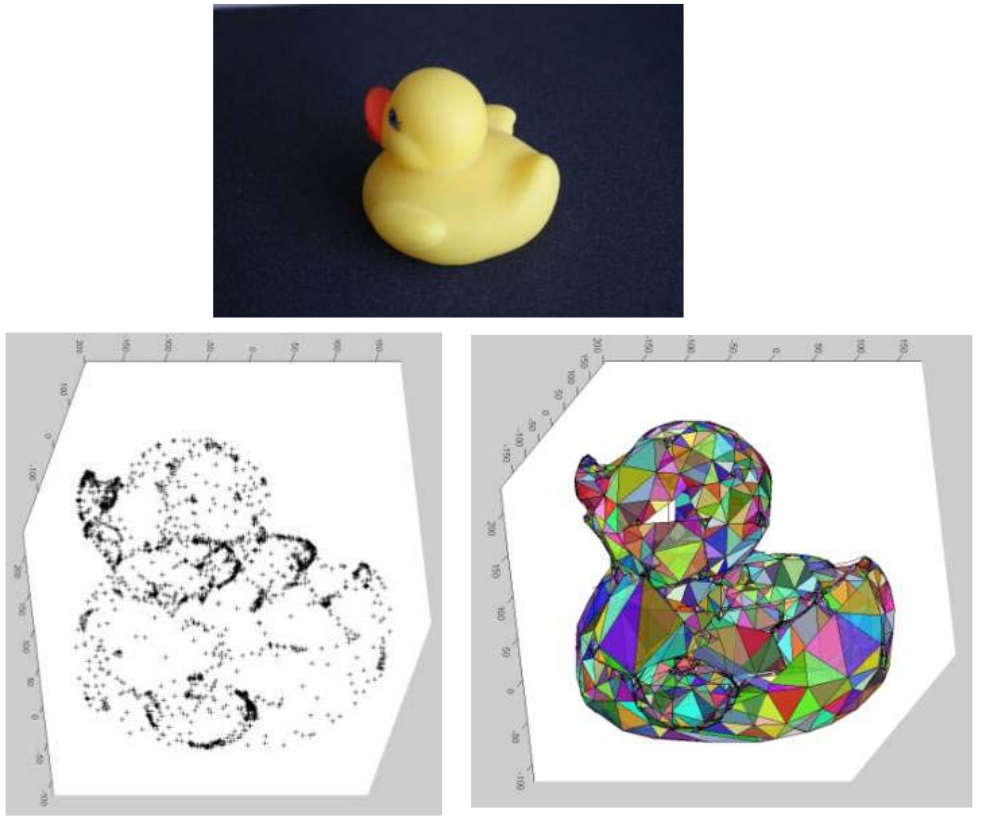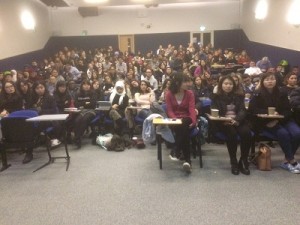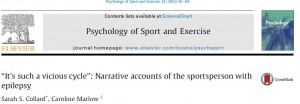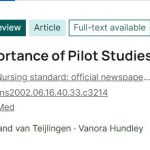 Yesterday, the Research Councils published their impact reports for the 2014/2015 financial year, demonstrating the impact their investments have made on the economy, on policy and for society.
Yesterday, the Research Councils published their impact reports for the 2014/2015 financial year, demonstrating the impact their investments have made on the economy, on policy and for society.
Each Research Council has produced its own report, showcasing specific examples of the impact of investment through their various awards, programmes and collaborations. The wide-ranging nature of the impact extends from furthering technological advances to combatting disease.
Collectively, the seven Research Councils invest £3 billion in research each year covering all disciplines and sectors, to meet tomorrow’s challenges today and provide the world-class research and skills that are the foundation of a strong and productive UK economy. This helps to achieve balanced growth as well as contributing to a healthy society and a sustainable world. It ensures the UK builds capacity, safeguards the long-term sustainability of research and remains a global leader in research and innovation. Additionally, by working in partnership, the Research Councils combine investments in a multitude of global societal and economic challenge areas to achieve even greater impact.
Highlights from the reports – particularly in boosting the economy, shaping policy and contributing to society – include:
- Improving family lives and saving the taxpayer £1.2 billion: Secondary analysis of ESRC-funded survey data has helped local authorities in England to target interventions that support families with long-standing problems, turning around their lives and improving the life chances of children. The Troubled Families programme, praised by the Prime Minister after helping an estimated 116,000 families and saving the taxpayer £1.2 billion, was extended for five years from 2015.
- Shaping international policy making and supporting vulnerable deaf communities: AHRC-funded research has supported the status of endangered sign languages in communities in India, new legislation in Finland, and increased transnational awareness of sign languages risk of endangerment.
- Improving the UK’s resilience to environmental hazards by informing effective risk management: NERC’s annual investment of £12.8 million generates up to £127 million pa benefit from protecting properties, farmland and infrastructure through earlier warning of floods. Plus further health and cost-saving benefits from forecasting seasonal extremes, extreme weather, effects of volcanic ash on aircraft, protecting fisheries and preparing for climate change.
- Informing Defra’s National Pollinator Strategy: Results from the Urban Pollinators Project informed Defra’s recommendations linked to the UK’s National Pollinator Strategy; a ten-year plan to tackle the decline in pollinator numbers. The city of Bristol is now developing a local Pollinator Strategy as an exemplar for UK and European cities. The project received £1.2 million in investment from the Insect Pollinators Initiative (funded by BBSRC, NERC, Defra, the Wellcome Trust and the Scottish Government).
The Impact Reports for each Research Council can be accessed from the following links:
- Arts & Humanities Research Council (AHRC)
- Biotechnology & Biological Sciences Research Council (BBSRC)
- Economic & Social Research Council (ESRC)
- Engineering & Physical Sciences Research Council (EPSRC)
- Medical Research Council (MRC)
- Natural Environment Research Council (NERC)






















 Paper with 160,000 reads
Paper with 160,000 reads The Month in Research: April 2024
The Month in Research: April 2024 BU Professor has been invited to a series of plenary and invited lectures.
BU Professor has been invited to a series of plenary and invited lectures. Research reaching non-academic audiences
Research reaching non-academic audiences April’s Café Scientifique – Should we help machines understand and respond to our emotions?
April’s Café Scientifique – Should we help machines understand and respond to our emotions? Apply for up to £1,000 to deliver an event and take part in a national festival of public engagement with research
Apply for up to £1,000 to deliver an event and take part in a national festival of public engagement with research MSCA Postdoctoral Fellowships 2024
MSCA Postdoctoral Fellowships 2024 Horizon Europe News – December 2023
Horizon Europe News – December 2023